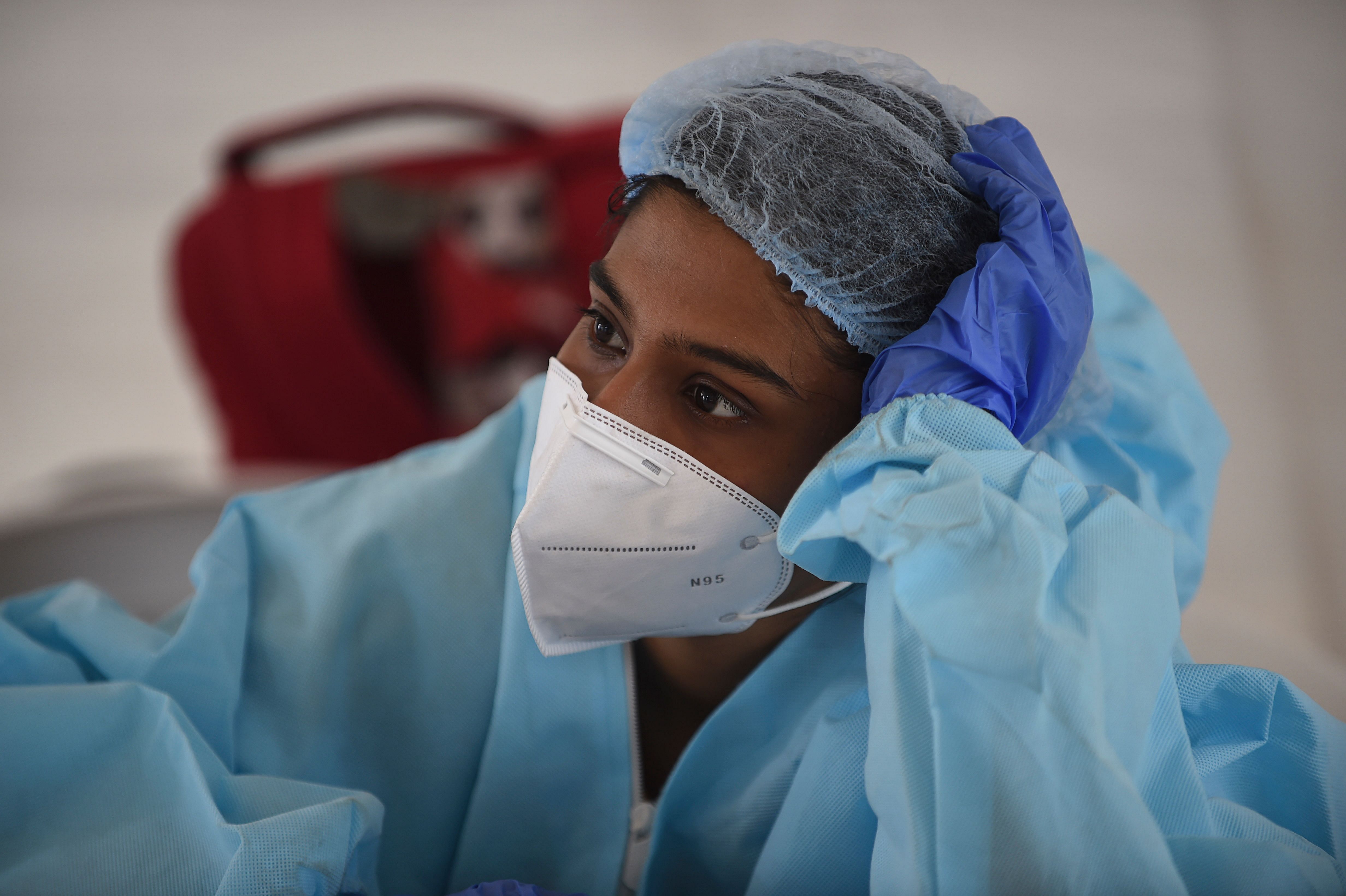
On July 23, the coronavirus case load in Ahmedabad crossed the 25,000 mark, out of which, nearly 19,948 have been cured while 1,565 succumbed. With 3,660 active cases and over 3,000 beds, specially designated for Covid-19 patients, vacant in government and private hospitals, the situation looks under control in Gujarat’s largest and once worst-hit city. This is sort of a turnaround for Ahmedabad, where the pandemic had exposed the poor medical infrastructure and lack of a clear strategy to fight the contagious virus.
In the middle of the mayhem by the end of May, the Gujarat High Court started pulling up the government and sought each and every detail of its actions to contain the virus. It was only after the court’s stinging order that the government pressurised private hospitals to keep 50% of its beds for Covid-19 patients, increased testing capacity by allowing private laboratory. Health officers and the health minister became more accountable.
Along with the court’s constant monitoring and a “multi-prong strategy” as claimed by Ahmedabad Municipal Corporation (AMC), the situation in the city has become better in the last one month. These strategies include “testing symptomatic patients, enhancing treatment capacity by roping in private hospitals and designating them as Covid-19 hospitals, focus also remained on treatment of non-Covid patients suffering from diabetes, blood pressure, heart ailment etc by insisting on closed private hospitals, nursing homes & clinics to open their establishment for providing health services.”
The AMC teams focused on symptomatic patients, especially those falling under high-risk groups such as elderly, children, patients with comorbidity for early treatment. The local body preferred treating patients who were in dire need of medical attention than those who were asymptomatic.
AMC runs 122 ‘Dhanvantri Rath’ or mobile clinics which conduct OPD consultations. AMC claims that such clinics treated thousands of patients suffering from fever, cough, cold and coryza and severe respiratory tract infections. Similarly, ‘Sanjivani Van’ health teams have been deployed to check asymptomatic patients armed with blood pressure monitors, thermometer, pulse oximeter and vitamins supplements such as Limcee 500, Zincovit, Vitamin D, tab PCM.
However, what remains a major worry for the city is the case fatality rate which remains as high as 6.2%, the highest in the country, though it has come down from 7% in the last three weeks.